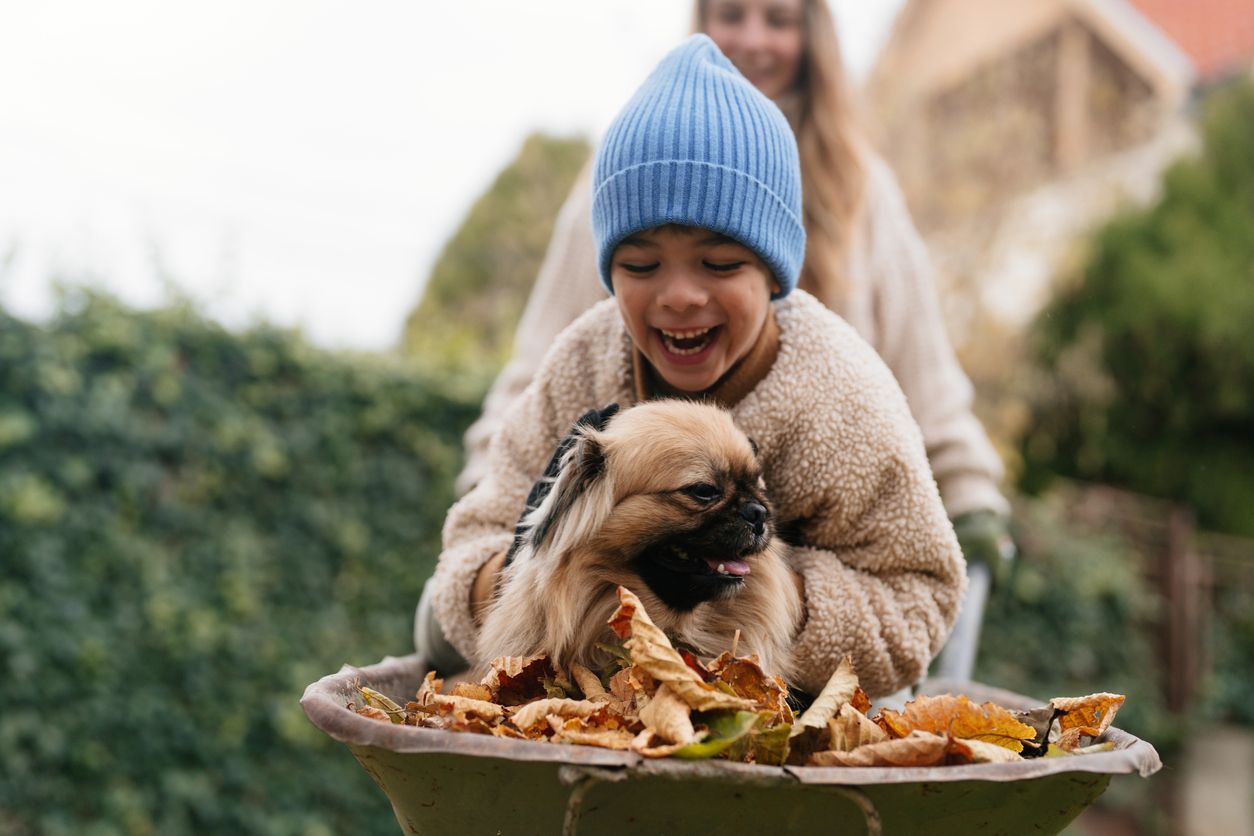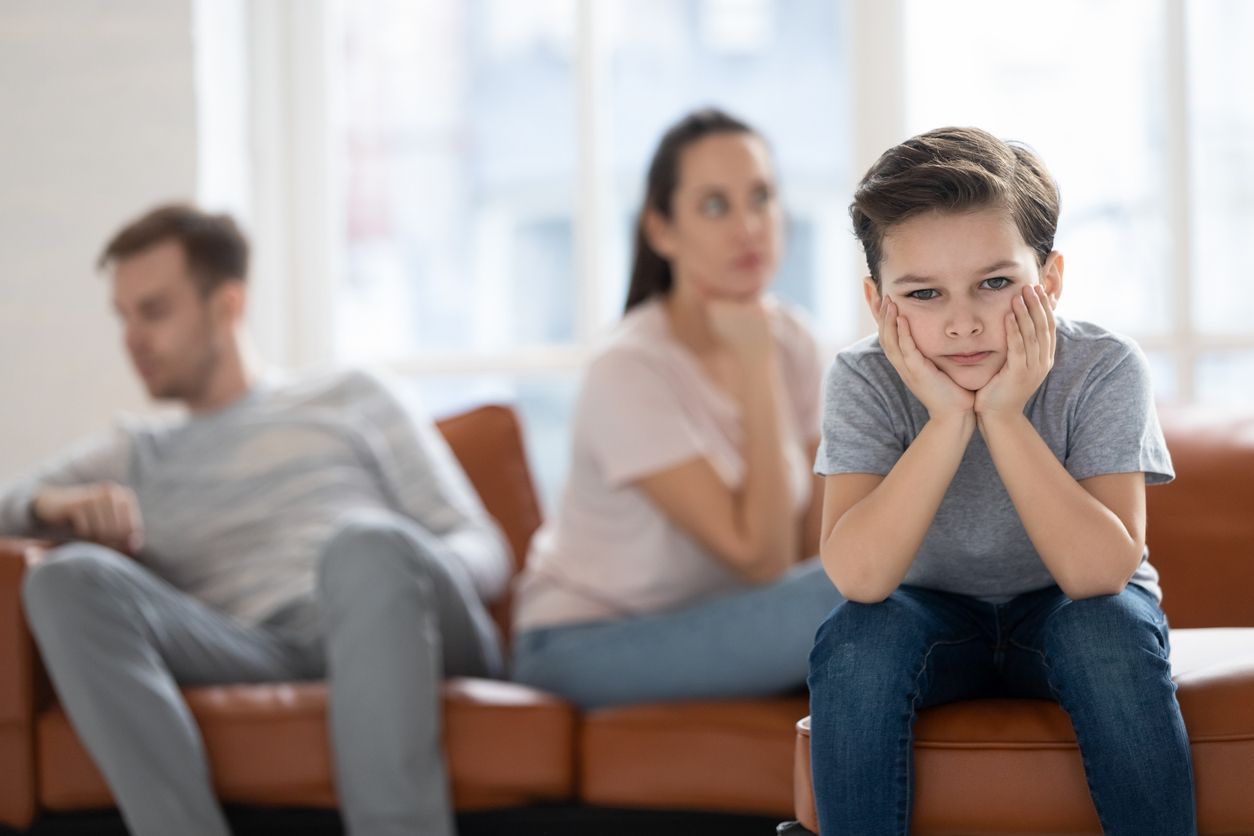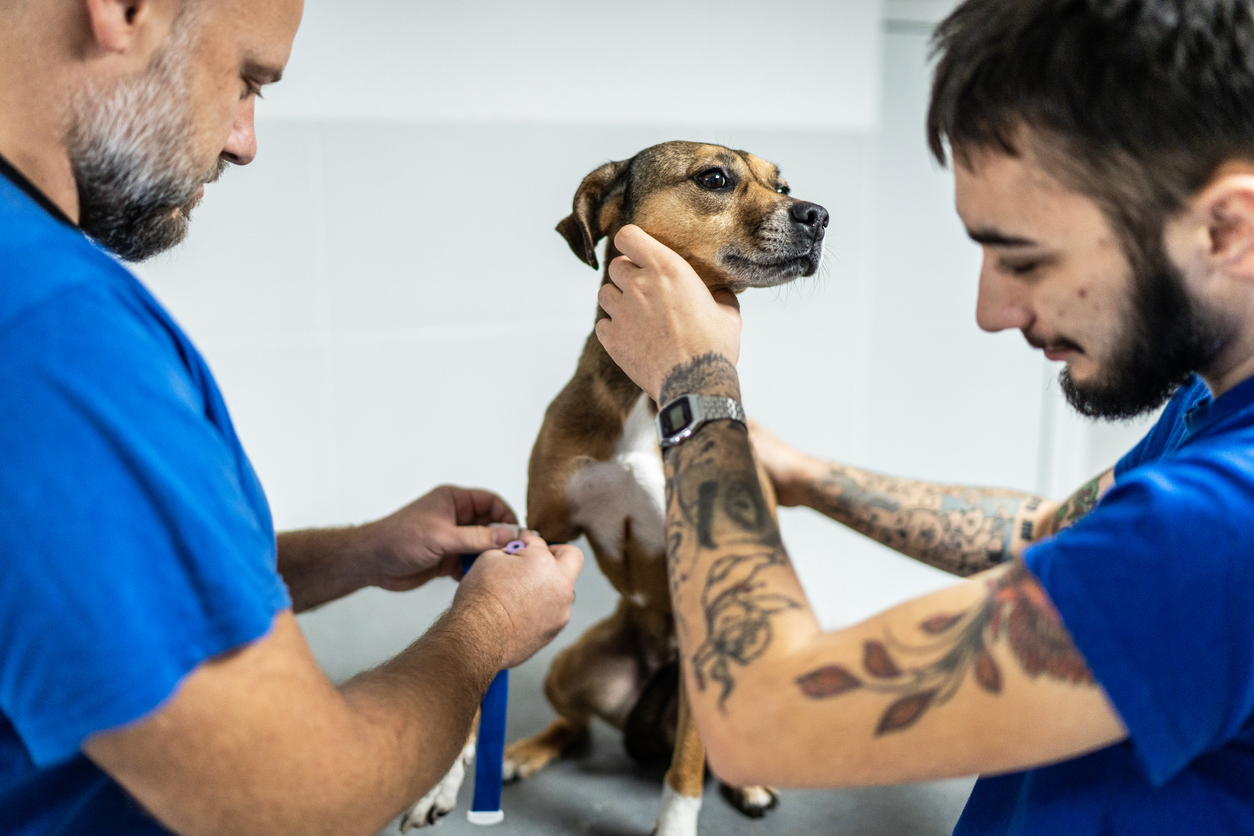We're now taking appointments
To book an appointment, please send us a message in the link below.
You can also call our clinic directly at:
How to Be a Good Friend: Emotional Skills for Kids
How we can teach our children about empathy, kindness, and how to manage conflicts with friends
Dr. Nate Balfanz, founder of Dr. Nate Psych
Friendship is one of the most important parts of a child’s emotional development. Through their friendships, children learn valuable emotional skills like empathy, kindness, and how to navigate conflicts. Teaching kids these skills helps them build strong, positive relationships with their peers. In this article, we’ll explore why these emotional skills are vital and provide practical tips on how to teach children to be good friends.
What the Research Tells Us
Research highlights the importance of emotional skills in forming successful friendships. Studies show that children with high emotional intelligence—like the ability to manage emotions and empathize with others—tend to have better social relationships. A 2024 article in the Journal of Experimental Child Psychology by McDonald and colleagues notes how empathy and a greater awareness of others’ feeling states is crucial for healthy friendships. Children who can understand and respond to their friends' feelings are more likely to have positive peer interactions.
Learning to manage conflicts is also essential. All friendships face disagreements, but children who learn how to resolve conflicts calmly and constructively are more likely to maintain lasting relationships. This helps reduce the chances of social stress and isolation. For children struggling with emotional regulation, individual therapy or personal counseling can provide tools for managing feelings and developing strong social connections.
Tips for Teaching Kids to Be Good Friends
- Model empathy and kindness
Helping children identify and label their emotions is one of the first steps toward emotional understanding. Use simple, age-appropriate language to explain different feelings like happy, sad, angry, excited, or scared. You might say, “It sounds like you’re feeling frustrated because you couldn’t finish your puzzle,” or “I can see that you’re really happy today because you’re smiling.” Over time, your child will be able to identify and express their emotions more clearly.
Children often learn by example, so it’s essential to model empathy and kindness in your own behavior. Show your child how to listen attentively and offer support when others share their feelings. For instance, when a friend or family member is upset, demonstrate how to express compassion by saying things like, “I understand how you feel” or “It’s important to be there for our friends when they need us.” By modeling these behaviors, your child will be more likely to adopt them in their own friendships. - Teach conflict resolution skills.
Disagreements are a natural part of any friendship, but teaching kids how to navigate them respectfully is essential. Encourage your child to express their feelings calmly and listen to their friend's perspective. Using phrases like “I feel upset when...” can help kids communicate without blaming others. Teaching them to apologize and make amends when needed can also strengthen their friendships.
A therapist can teach children strategies for resolving disagreements in healthy ways, which is especially helpful if your child struggles with conflict management or social anxiety. - Encourage self-reflection and emotional awareness.
Help your child reflect on their actions and understand how their behavior affects others. After a conflict, ask questions like, “How do you think your friend felt?” or “What could you do differently next time?” Encouraging self-awareness helps children recognize their role in a situation and learn how to adjust their behavior in the future.
Conclusion
Being a good friend requires more than just playing together—it involves empathy, kindness, and the ability to navigate conflicts in a respectful way. Teaching kids these emotional skills will help them build strong, positive friendships that last. By modeling empathy, teaching conflict resolution, and encouraging self-reflection, you can help your child become a better friend. For additional support, individual therapy for children and teens, particularly therapy which focuses on emotional identification and regulation, can be a great resource for kids who need help managing their emotions and social interactions.
Recent Articles



